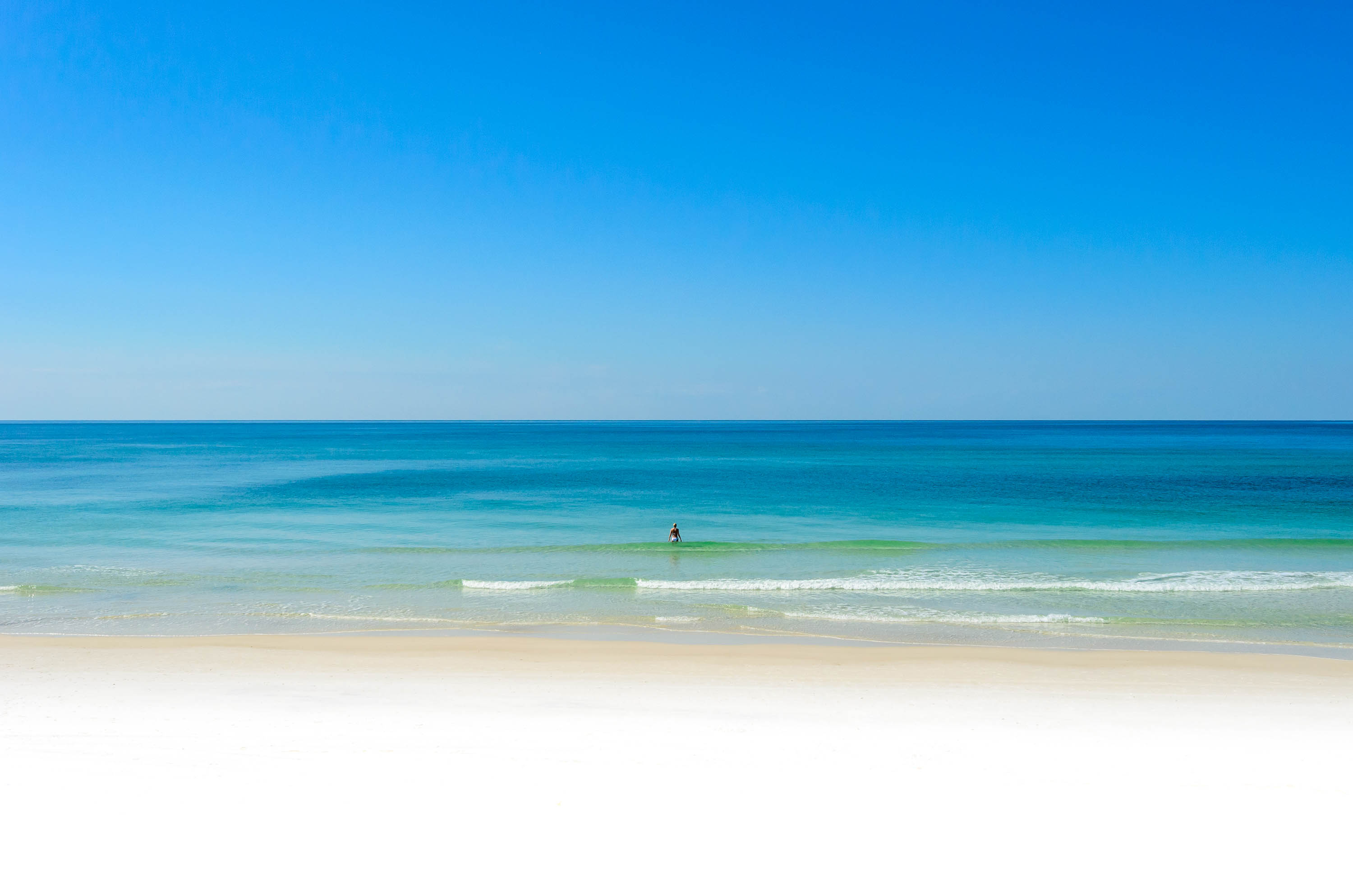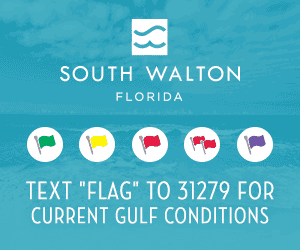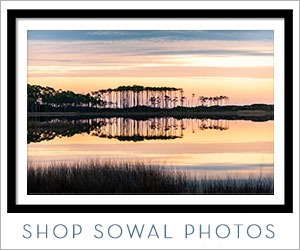Recently Facebook has provided third-party fact-checkers the ability to review photos posted on its platform.
You know the type: Fake photos of a shark gallivanting through
Houston after a flood (or Puerto Rico, or maybe New York), the false quote stitched beside a picture of Honest Abe, etc.
What’s interesting about certain false photos is not that the photo itself is incorrect but that the context is, which makes it (apparently) far more difficult for many on the internet to differentiate between fact and fiction.
Take for instance the photo of CNN’s Anderson Cooper waist deep in floodwater. The photo was shared by hundreds of thousands of folks on Facebook who
claimed that CNN faked the camera shot to make it appear as if the water was deeper than it actually was in most locations.
One of the reasons this photo gained so much traction was due to another
video in which a weatherman appears to be fighting strong winds while two people in the background are casually strolling about. (Not dissimilar to an older
Today Show faux pas wherein a weather reporter paddled a canoe while two people passed through the shot revealing the ankle-deep water.)
Screenshots of that video were then paired with shots from Cooper’s show years before, suggesting “If the media will lie about this what else are they lying about?”
But Anderson Cooper was not lying.
The photos come from Cooper’s coverage of Hurricane Ike in 2008, in which he notes that “the rescue personnel, the vehicles coming through this water are able to drive on part of the road here, but just off to the side of the road the water just gets incredibly deep.” During this, the camera shows rescue vehicles driving on the road where the camera man is, correctly noting the different depths in each location. “If I step back even a few more feet,” Cooper continued, “I’d basically be up to my neck in water.”
In sharing these photos with captions suggesting that CNN was lying to viewers (as Donald Trump Jr. did), social media users have ironically become purveyors of misinformation themselves.
TWS Fact Check fears that with photos such as these users won’t bother to check the surrounding context. (Why trouble yourself when the narrative seems so clear?) We long for the day when internet users are struck with continued skepticism and the ability to “just say no” to sharing misinformation.












